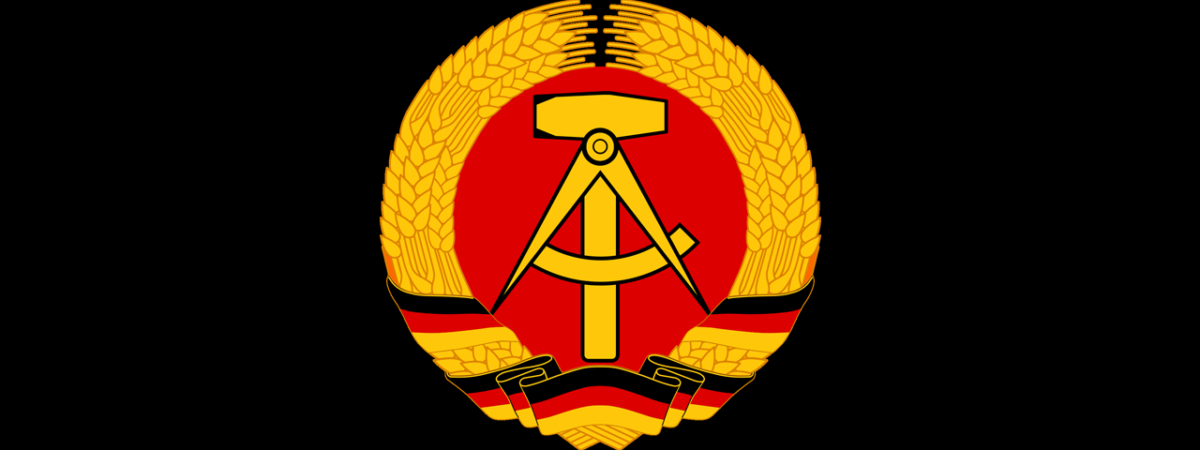An alternative history: REAL socialism is being tried. A drama in 10 acts (Part 6)
SUGGESTED



Mass exodus: Over 240,000 people leave East Germany
The Guardian, 12 July 1995
When the Berlin Wall fell, demographers predicted a flood of East German migrants heading for West Germany. It turned out to be a rivulet.
This time, the demographers erred in the opposite direction. According to the record sections of West German municipalities, nearly a quarter of a million East Germans have settled in the Federal Republic over the past twelve months. Migration in the opposite direction, meanwhile, has come to an almost complete halt, meaning that for all intents and purposes, gross East-West migration equals net East-West migration.
This could be a one-off. But it could also mark the beginning of a return to the migration patterns we used to see in the decade before the Berlin Wall was built. In the 1950s, the GDR lost between 145,000 and 280,000 people every single year (which is, of course, the reason why the Berlin Wall was built in the first place).
Who are these new expats? Why are they leaving? What are they looking for? What could persuade them to return? We met a little GDR expat community in a beer garden in Munich.
Although most of them were reluctant to admit it, it quickly emerged that they mainly left for economic reasons. As Wolf Bauknecht, a car mechanic from Karl-Marx-Stadt, puts it:
“I know you’re not supposed to say that, because it’s considered shallow and materialistic, but yes – I am here because of the higher living standards. I like the fact that I can afford a nice car here. I like the fact that I can go to nice restaurants. I like the fact that I can afford a holiday in Italy. I like the fact that the supermarket shelves are always full. I like the fact that there are plenty of leisure opportunities.”
His girlfriend Kerstin, a nurse, adds:
“The GDR has changed for the better. They’re not locking you up anymore for criticising the government. They’re not bugging your phone anymore. But what hasn’t changed is the economy. The queues. The shortages. The monotony. The dreariness. Don’t get me wrong, we weren’t exactly miserable in the GDR, and we’re not exactly rich here. But in comparison, the GDR is just so unbelievably drab and dull.
But what about all the new opportunities for participating in economic planning which the GDR government has created? Why not use those avenues and try to improve the GDR, rather than just walk away from it? Kerstin is not impressed by them:
“I’ve been a few of those planning meetings, and found them completely pointless. Most of them aren’t going anywhere, simply because the people who take part in them can’t agree with each other. The only meeting I’ve ever been to which actually came up with a conclusion was one which got hijacked by a group of single-issue cranks, who were completely obsessed with some niche topic. They took over, because everyone else just got fed up.
I prefer the way it works here. You offer a good or a service, and if people don’t want it, you close down, and try something else. There are no endless debates about whether ‘the community’ ‘needs’ this or that. We don’t know that before.
And even if we did, we couldn’t articulate it anyway. I like certain products, and I dislike others, but I couldn’t really tell you why. I just do. That’s why I find these arguments in planning committees so pointless and frustrating.”
Will more East Germans follow? Everyone in the group agrees that the answer yes. Hans Stoltenberg, an electrician from Stralsund, thinks:
“There is a bit of a psychological barrier. West Germany is a foreign country for us. I certainly found it a bit intimidating. But then a close friend of mine moved here, told me all about how it went – and that sort of took the edge of it, if you see how it went. As more people will have a similar experience, more people will move. It’s only a matter of time, really.”
It remains to be seen whether he is right, but if so, the macroeconomic situation will certainly amplify this trend. At the moment, the West German economy is still in the depth of a recession, and unemployment is at a post-war all-time high. But leading indicators point towards recovery. If so many people are prepared to move when the economy is in the doldrums, how many will come when the economy is picking up again?
Continue to Part 7.




